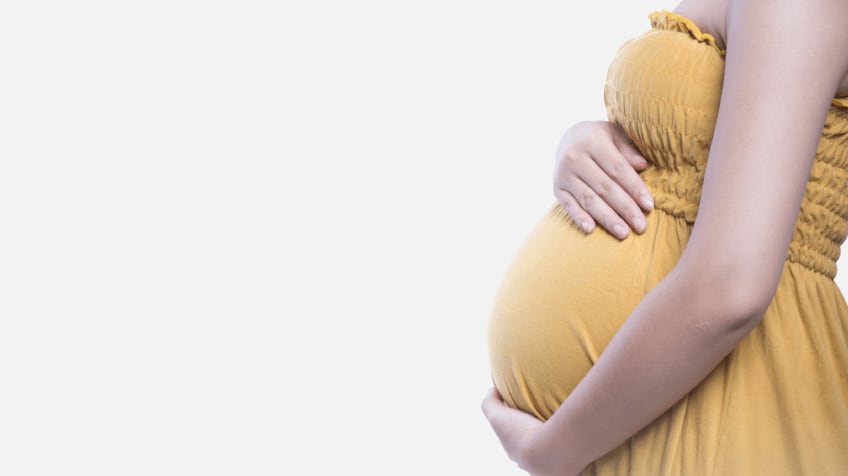Hello, I am Dr. Madhu Juneja, working with Momstory by Sahyadri in Pune.
One of the most common questions pregnant women ask me is:
“Doctor, why do I pee so much during pregnancy?”
or
“Why do I feel like going to the washroom again and again?”
Frequent urination during pregnancy is normal and happens due to hormonal, physical, and physiological changes in the body. But to understand it better, let’s break it down trimester by trimester.
Why Frequent Urination Happens During Pregnancy
Pregnancy brings many hormonal and physical adjustments. Some of the key reasons include:
1. Hormonal Changes in Early Pregnancy
-
As soon as you conceive, your body produces more of the hormone beta-hCG (human chorionic gonadotropin).
-
At the same time, progesterone levels rise to support the pregnancy.
-
Another hormone, relaxin, works on your joints and pelvic ligaments to prepare for childbirth—but it also affects the bladder muscles.
Together, these hormonal changes increase the frequency of urination, especially in the first trimester.
2. Pressure from the Growing Uterus
-
In early pregnancy, the uterus sits right behind the bladder.
-
As the uterus grows to accommodate the baby, it presses against the bladder.
-
This pressure makes you feel the need to empty your bladder every 1–2 hours, even if the amount of urine is small.
This is absolutely normal and physiological.
3. Increased Blood Volume in the Second Trimester
-
Normally, the human body circulates around 5 liters of blood.
-
During pregnancy, this increases to 6.5 liters to support the baby’s growth.
-
With extra blood, the kidneys filter more fluid.
-
As the glomerular filtration rate (GFR) rises, more urine is produced.
This explains why many women notice frequent urination during the second trimester as well.
4. Baby’s Position in the Third Trimester
-
By the last trimester, the baby is usually in a head-down position.
-
The baby’s head acts like a firm mass pressing directly on the bladder.
-
This constant pressure causes frequent trips to the washroom, especially at night.
5. Water Retention in Pregnancy
-
Many women notice swelling (edema) in the face, legs, and hands due to fluid retention.
-
To maintain the body’s balance, the bladder compensates by passing more urine.
-
This natural mechanism further increases urination frequency.
When to Be Cautious: Could It Be a UTI?
While frequent urination is mostly normal in pregnancy, sometimes it can also indicate a urinary tract infection (UTI).
The challenge is that UTIs during pregnancy can sometimes be silent—without burning, pain, or other typical symptoms.
A urine infection left untreated may increase the risk of:
-
Miscarriage
-
Preterm delivery
That’s why, according to UK standards, it is recommended that pregnant women get a routine urine test and urine culture done, even if they don’t have symptoms.
How to Manage Frequent Urination in Pregnancy
-
Don’t hold your urine – always empty the bladder when you feel the urge.
-
Stay hydrated – reducing water intake is not the solution; dehydration can cause other complications.
-
Limit caffeine and carbonated drinks – they increase urination.
-
Practice safe posture – leaning slightly forward while urinating helps empty the bladder more fully.
-
Get regular check-ups – to rule out UTIs and other concerns.
When to Consult Your Doctor
See your gynecologist if you experience:
-
Burning sensation while urinating
-
Fever or chills
-
Pain in the lower abdomen or back
-
Blood in urine
These may be signs of infection and should be treated immediately.
Final Thoughts
Frequent urination during pregnancy is one of the most normal and expected symptoms. It happens due to:
-
Hormonal changes (beta-hCG, progesterone, relaxin)
-
Pressure from the uterus
-
Increased blood volume
-
Baby’s head pressing on the bladder
-
Fluid retention in the body
Although it may feel inconvenient, it is a healthy sign that your body is adapting to pregnancy changes.
At Momstory, Hadapsar (Pune), we help mothers understand these changes and guide them through safe and healthy pregnancy journeys.




